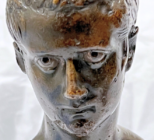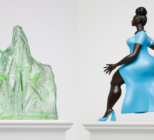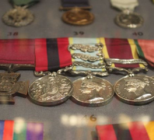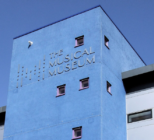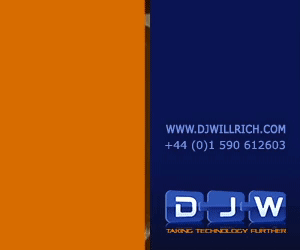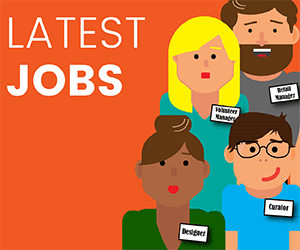Like many organisations and institutions over the past three months, at the City of London Corporation it has given us pause to reflect deeply on our raison d’être, what we can offer and how we respond to this crisis.
Firstly, and most importantly, ensuring the safety and security of staff and visitors has been paramount. Closing the City’s physical spaces and places was a very tough but necessary measure.
In the meantime, from the perspective of access to culture and tourism in London, I’ve been looking at what genuine cultural and social value we can provide during this time while our world-famous museums, galleries, heritage attractions, and City Information Centre have closed their doors.
We are all in this together
As we progress further through this extraordinary situation, I’ve realised that we (those of us in the culture and heritage sectors) all have a shared role, responsibility and rare opportunity to showcase how arts, culture and creativity can offer support and do something positive to help people during this difficult time.
I’ve been lucky to work in London’s culture sector for over eight years and know first-hand how passionate, creative and inspiring people in the museums, heritage and culture sector are to work with.
Back in mid-March, I kicked off some tentative, exploratory video calls with Comms, Partnership and Strategy colleagues from the Barbican, Culture Mile, Museum of London, London Metropolitan Archives and Tower Bridge. It quickly became apparent that there was a huge appetite for developing a collective response, and the group grew to 12 partner organisations, all looking for new ways to collaborate and share expertise.
Out of this approach was born Our City Together, a free digital content programme featuring an inspiring, positive and thoughtful mix of archive and contemporary digital content including podcasts, playlists, artworks, photography, films, talks and museum collections.
We need to talk about mental health
If you were going to manufacture a set of circumstances that are detrimental to people’s mental and emotional health, it might look a lot like this:
- Present a pandemic that is a threat to the physical health of yourself and your loved ones
- Cancel and close all the things that people generally look forward to in their lives: going on holiday, meeting friends at a restaurant, going to the pub, going to gigs, the theatre, museums, etc
- Throw in a load of job insecurity, furloughing and unemployment
- And finally, give no clear date to when it will end
It’s too early to quantify statistical evidence of the mental health effects of Covid-19, but early signs and reports are that this experience has had – and will continue to have – an extraordinary effect on people’s wellbeing.
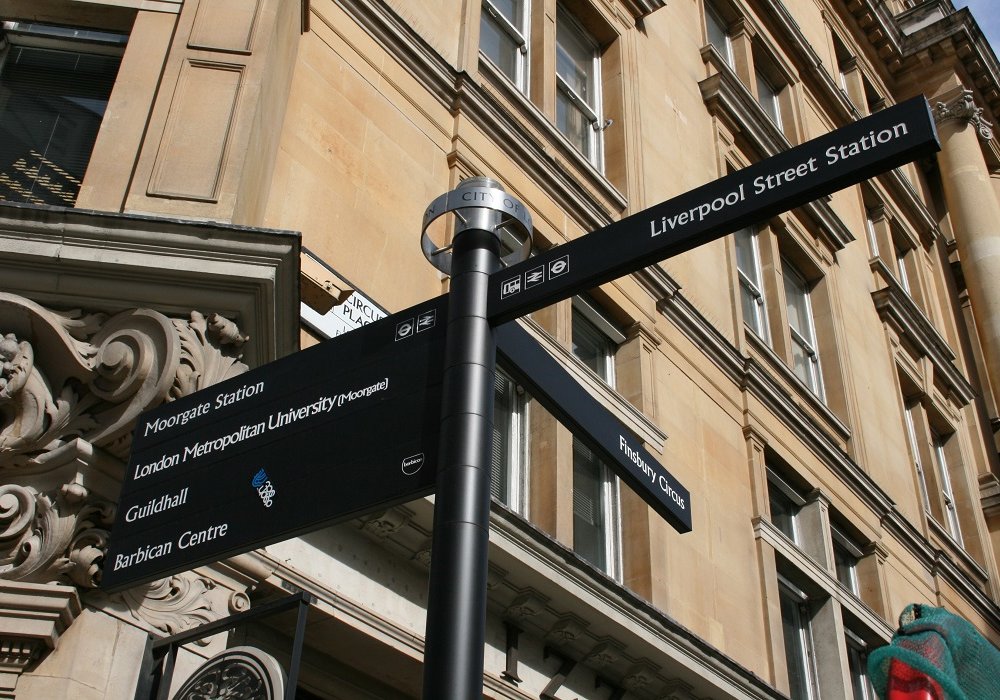
I believe that the power and positivity of culture and creativity has never been so important as it is right now: to provide moments of inspiration, positivity, playfulness, and thoughtfulness that we can all access.
This is why we partnered with the brilliant Thrive LDN on Our City Together to promote the mental health and wellbeing benefits of arts and culture. Although, in hindsight, trying to launch a brand new campaign – from conception to delivery – in seven weeks ready for Mental Health Awareness Week last week, made me fully aware of the importance of taking care of my own mental health and wellbeing!
It sounds like such a simple and intuitive thing to do: bring together engaging digital content with emotional and well-being benefits, but it’s not really an established approach in the culture and heritage sectors. Services like Netflix and Spotify are so much more sophisticated and nuanced in connecting content at an emotional and personal level than the more traditional cultural marketing practices.
When if we’re honest with ourselves, most people who visit our sites, both physically and digitally, are looking for an emotional connection, as well as a physical experience.
Can we go the (social) distance?
The City of London has been around for a long time. For over 2,000 years, whenever London has faced adversity, Londoners have come together to overcome it. They rise to the challenge. This Sunday will be London History Day, a project in partnership with Historic England and the Mayor of London to tell London’s story of resilience.
With so much uncertainty still lingering and the likely challenges ahead, it isn’t hard to feel pessimistic about how, and when, things may return to ‘normal’. However, key to being resilient is being able to adapt to changes.
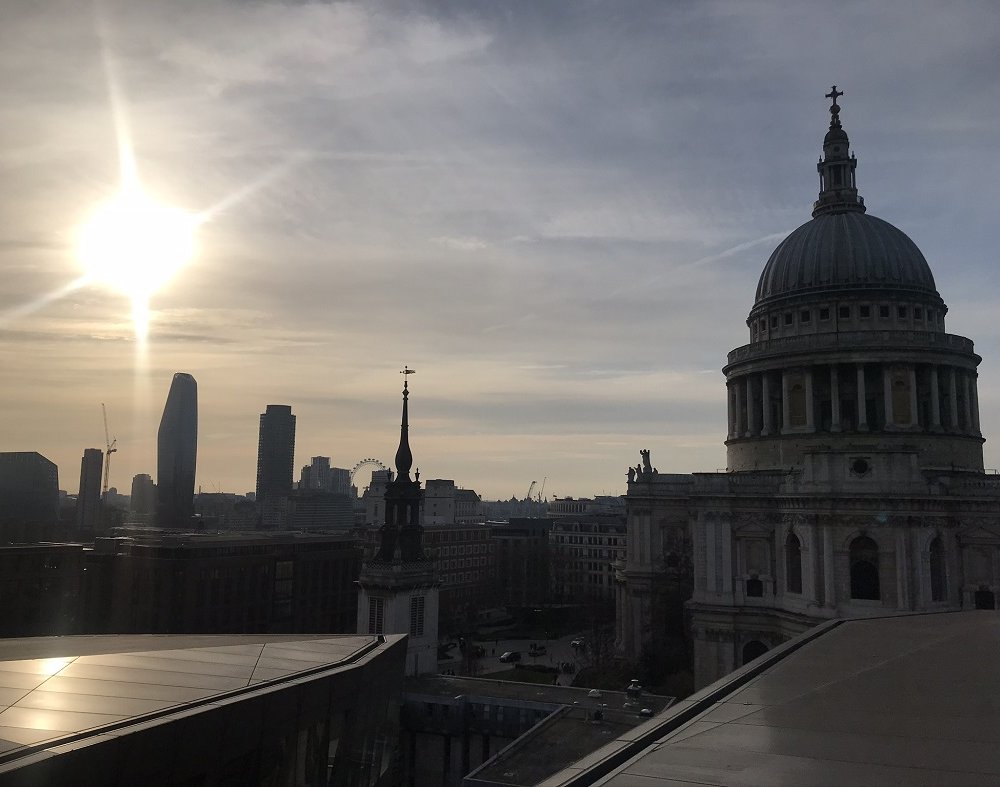
Here in London, we are blessed with an abundance of talented creative people drawn from all over the world, and I’ve been delighted by the positivity, generosity, and ambition of the City’s culture sector to respond in these times.
The Museum of London has rebranded as the Museum for London, the Barbican has launched a fantastic new digital content programme, and our Guildhall Art Gallery compiled a deviously difficult quiz for the Guardian.
So what does all this mean?
For me, it means that, during these uncertain times, we should reflect on how we can change things for the better.
On a personal level, we’ve been able to find a new perspective on friends, family, and community; something in the busy ‘normal’ day-to-day were all too easy to take for granted. On a global level, we have a greater sense of a shared experience and things that connect us all, whether thinking more about where our food comes from or how our lifestyles may need to slow down and become more sustainable.
Most of all, it has shaped my belief that the path ahead may be difficult, but we will get through it – and we can get through it together.
Stay safe, be kind and curious… and thanks for reading.




